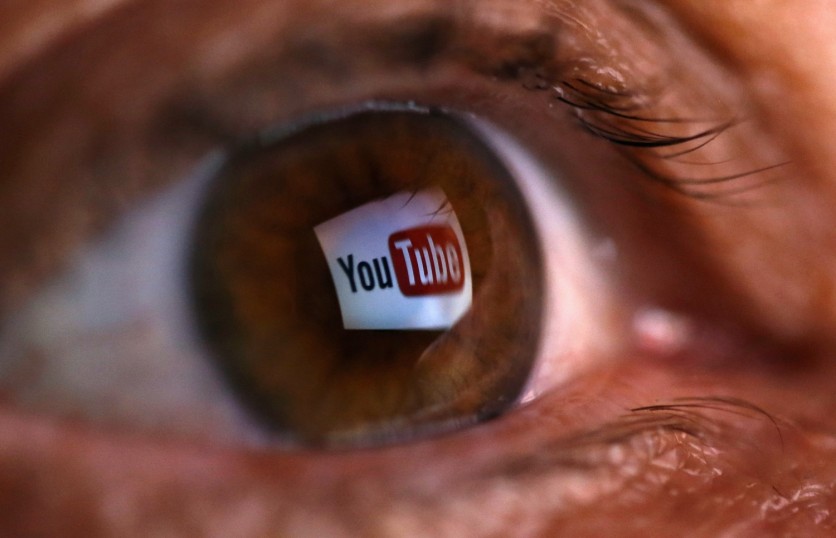YouTube announced on Tuesday, Apr. 28 that it will add fact-checking information panels to the United States to halt coronavirus-related misinformation. The fact check information panels were introduced last year in India and Brazil. It provides ways people connect with authoritative sources.

READ ALSO : COVID-19 Update: 9 People Infected Because of Air-Conditioning; Don't Use AC, Experts Say
Although it will take time to update its systems fully, this feature will improve YouTube's accuracy and efficiency. It is the company's duty to protect its community of users.
"[And] expanding our fact check information panels is one of the many steps we are taking to raise authoritative sources, provide relevant and authoritative context to our users, and continue to reduce the spread of harmful misinformation on YouTube," the company said in a statement.
The fact-checked information will emerge above the search results so that users can make informed choices on the claims made online. This uses data from over a dozen third-party publishers such as The Dispatch, FactCheck.org, PolitiFact, and The Washington Post Fact Checker. It leverages ClaimReview's article tagging system, the same tool used by Google Search/New, Bing, and Facebook.
"Our fact check information panels provide a fresh context in these situations by highlighting relevant, third-party fact-checked articles above search results for relevant queries so that our viewers can make their own informed decision about claims made in the news," says YouTube.
Some factors determine whether a fact check information panel will appear in a given search. Primarily, a relevant article from an eligible publisher must be available to match a specific claim when people search for it.
For instance, if a user looks for "did a tornado hit Los Angeles," a relevant fact check article might appear. However, if the user only searches for "tornado," no fact check will appear. Meanwhile, these fact check articles must also comply with YouTube's Community Guidelines, and viewers can send feedback about them.
Stronger policies against misinformation
In 2018, YouTube also initiated its information panels to help information from links to sources like Encyclopedia Britannica and Wikipedia emerge for misinformation-prone topics like flat-earth theories or the current COVID-19 crisis where baseless claims are common.
Although the new feature does not involve taking down offending videos, it leaves the discretion to users to choose which video to watch while providing them with valid context about a given subject.
However, it is unlikely to affect people who have strong beliefs. For example, it is doubtful to sway those strongly believe COVID-19 as a hoax by relative data from The Washington Post. They tend to continue with what they believe in and even get offended when told otherwise.
This move is similar to Facebook's pronouncements early this month. The social media giant alerts users when they have encountered "harmful misinformation" about the virus. Twitter is also strengthened its policies on misinformation, removing fake reports about various theories on involving things like 5G and particularly COVID-19-related tweets.
Meanwhile, YouTube will allocate $1M through the Google News Initiative. This is Google's initiative that aims to support journalism through an Emergency Relief Fund to boost fact verification efforts worldwide.
ⓒ 2025 TECHTIMES.com All rights reserved. Do not reproduce without permission.




